Meet Our Team
“This center is a human laboratory where neurosurgeons, neuroengineers, neurobiologists work together to solve biomedical problems in the brain and spinal cord. And it’s a collaboration that can finally offer some hope and options for the millions of people worldwide who suffer from brain diseases and injuries.” – Gavin W. Britz, MD
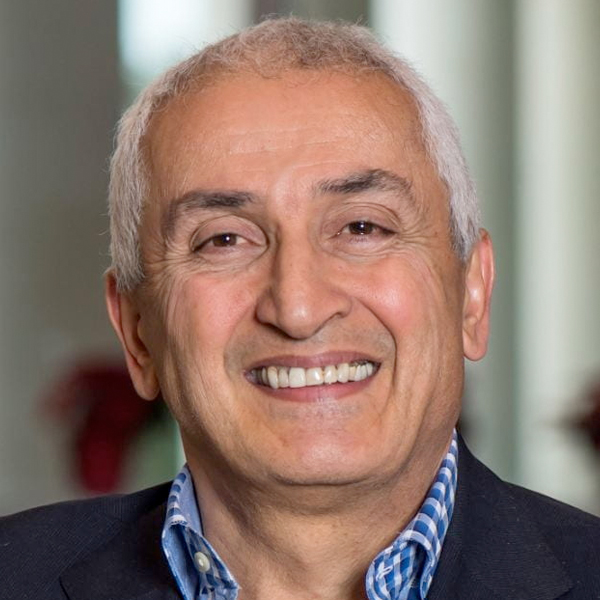
Behnaam Aazhang, PhD
Co-Director
Rice Neuroengineering Initiative Lab
Dr. Aazhang is the J.S. Abercrombie Professor in the Rice Department of Electrical and Computer Engineering and Director of the Rice Neuroengineering Initiative. His research interests are signal and data processing, information theory, dynamical systems, and their applications to neuro-engineering with focus areas in (i) understanding neuronal circuits connectivity and the impact of learning on connectivity (ii) developing minimally invasive and non-invasive real-time closed-loop stimulation of neuronal systems to mitigate disorders such as epilepsy, Parkinson’s disease, depression, obesity, and mild traumatic brain injury (iii) developing a patient-specific multisite wireless monitoring and pacing system with temporal and spatial precision to restore the healthy function of a diseased heart, (iv) developing algorithms to detect, predict, and prevent security breaches in cloud computing and storage systems.

Gavin Britz, MD
Co-Director
Dr. Britz is the chair of the Houston Methodist Department of Neurosurgery, the Candy and Tom Knudson Distinguished Centennial Chair in Neurosurgery, Director of the Houston Methodist Neurological Institute and Professor of Neurosurgery at Weill Cornell Medical College. His research focuses on further understanding cerebral microcirculation in relation to the alteration of microcirculation and neuronal function following aneurysmal subarachnoid hemorrhage and stroke. His laboratory has clearly demonstrated that both the pial and penetrating arterioles are affected by subarachnoid hemorrhage and may account for some of the morbidity despite successful treatment of the aneurysm. Britz’s clinical research includes evaluating new and novel tools to treat a wide variety of problems such as brain aneurysms and skull base tumors.
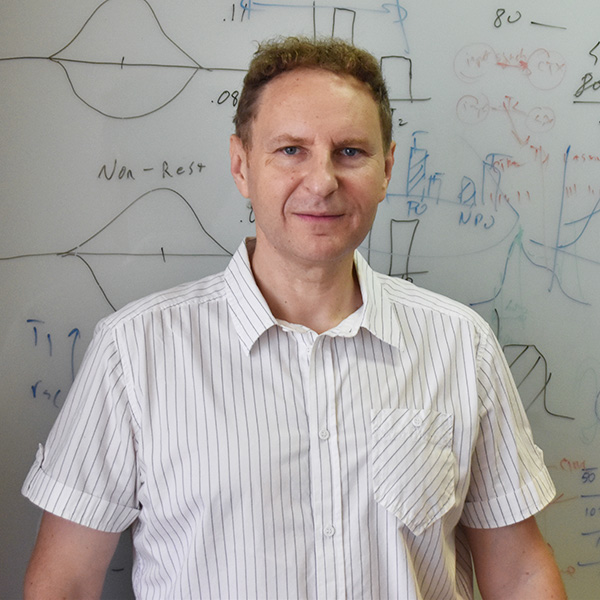
Valentin Dragoi, PhD
Scientific Director
Dr. Dragoi has a dual position with Rice University and Houston Methodist – he is the Rosemary and Daniel J. Harrison III Presidential Distinguished Chair in Neuroprosthetics at Houston Methodist as well as a Professor of Electrical and Computer Engineering at Rice University. The research program in Dragoi’s lab is focused on decoding neural signals and intercommunication among hundreds of neuronal cells distributed in many brain areas and translating this information to the development of new neural prosthetic tools and restorative methodologies in humans to improve brain function and recovery in a variety of clinical conditions, including stroke, traumatic brain injury, epilepsy, Parkinson’s disease, depression, and blindness.
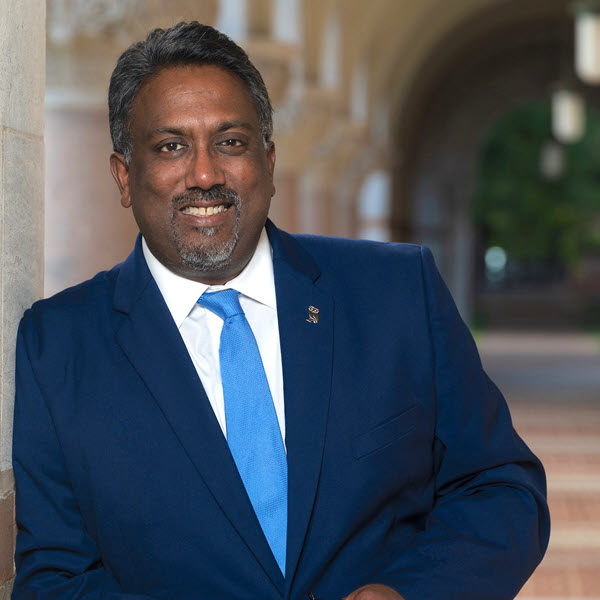
Paul Cherukuri, PhD
Dr. Cherukuri is the Executive Director of the Rice Institute of Biosciences and Bioengineering. His research is highly interdisciplinary with a focus in engineering biomaterials and bioelectronic related devices that span the nano- to the macro-scale. Cherukuri is a scholar, inventor, entrepreneur, and subject matter expert in directed energy, nanotechnology, biomedicine, pharmaceutical development, and translational research.
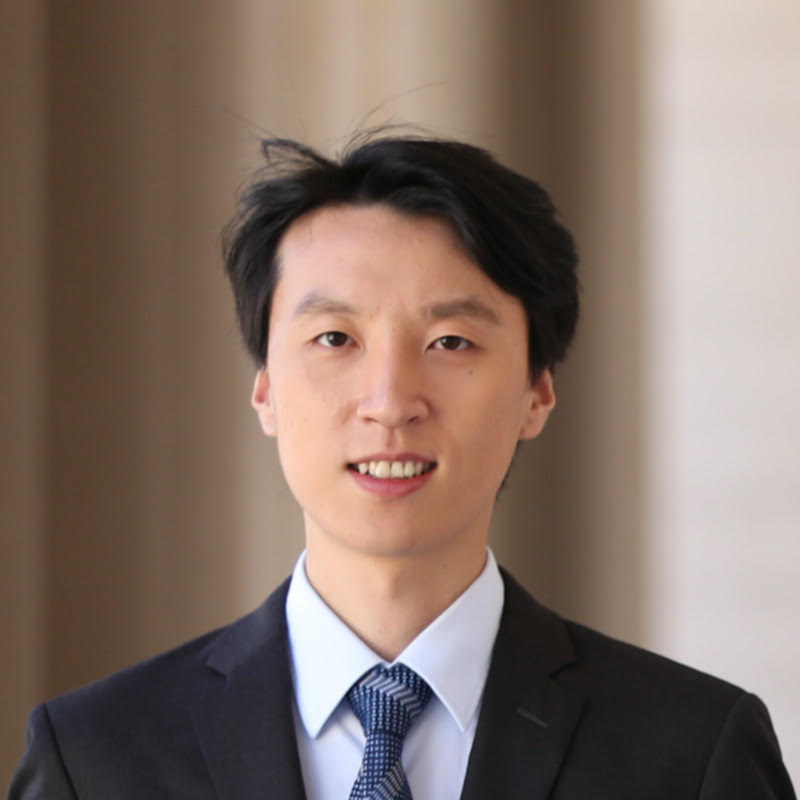
Taiyun Chi, PhD
Rice Integrated Systems and Electromagnetics (RISE) Lab
Dr. Chi is an Assistant Professor in the Rice Department of Electrical and Computer Engineering. His lab is focused on developing analog/RF/mmWave integrated circuits and micro-systems for wireless communications, sensing, and biomedical applications. Specifically, they focus on conducting theoretical analysis of circuit problems, developing new hardware capabilities, and performing system-level engineering. His group is interested in building biology-electronics hybrid systems with high resolution and high throughput for cell-based assays, including new methodologies and hardware interfaces for neural recording and stimulation. These lines of research have the potential to serve as next-generation biomedical sensing and actuation platforms, which allow for holistic understanding of cellular physiology and enable large-scale high-content drug screening.
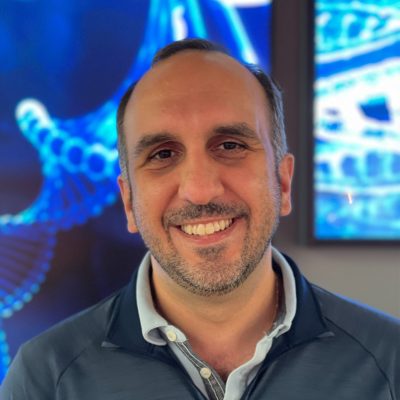
Amir Faraji, MD, PhD
Dr. Faraji is an Assistant Professor of Neurosurgery at Houston Methodist. His lab’s mission is to build integrative neural interventions that improve human-centered outcomes by leveraging translational innovations in electro-kinesis, neural interfaces combined with new machine learning tools and data processing methodologies, precision-robotics and medical extended reality applications. This symbiotic research program, which includes neurosurgeons, engineers and data scientists, is developing multiparametric brain-computer interface enhancements by extending currently technologies including feedback capabilities in extended reality systems, explainable machine learning, adaptive neural interfaces, and automatic physiological biomarker feature identification for data-driven brain-computer interface technology. These technologies are aimed to support patients with spinal cord injuries, who have suffered a stroke or have a neurodegenerative disorder.
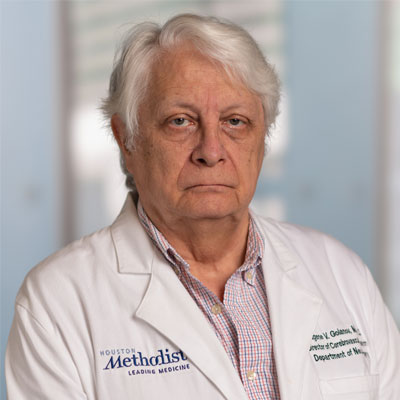
Eugene Golanov, MD, PhD
Dr. Golanov is a Research Professor of Neurosurgery at Houston Methodist. He is a neuroscientist, physiologist and pharmacologist with long-term experience with in vivo and in vitro experimental and clinical research. He also has extensive first-hand experience and expertise in multidisciplinary and integrative research in various areas of neurophysiology with preclinical models and humans in the following areas: brain damage of various genesis and neuroprotection; pain and endogenous analgesia; endogenous opioid system; circulatory shock; regulation of autonomic functions, including regulation of peripheral nervous and cardiovascular systems; neurogenic arterial hypertension; regulation of cerebral blood flow, stroke; epilepsy. Golanov has advanced knowledge of molecular and systems biology, bioinformatics, systems theory, electronics, computer technology and programming.
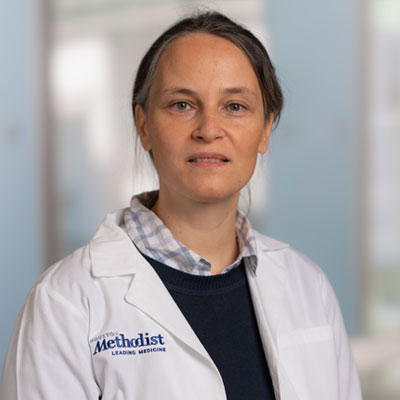
Angelique Regnier–Golanov, PhD
Dr. Regnier–Golanov is an Assistant Research Professor of Neurosurgery at Houston Methodist. Her multifaceted experience ranges from the molecular level to the whole organism and has encompassed hemorrhagic & ischemic stroke, brain injury & neurodegenerative disorders, child epilepsy and seizure disorders (mTORopathy, Angelman’s syndrome, temporal lobe epilepsy), glioblastomas, traumatic brain injury, sepsis, and diabetes. Her research interests include the role of the immune system in neurorepair, underlying mechanisms of neuromodulation, stroke, glymphatic system, and traumatic brain injury. She has conducted experiments in the field of gene expression associated with learning and memory impairments following subarachnoid hemorrhage. She is also investigating methods to restore cerebrospinal fluid flow hindrance in secondary hydrocephalus.
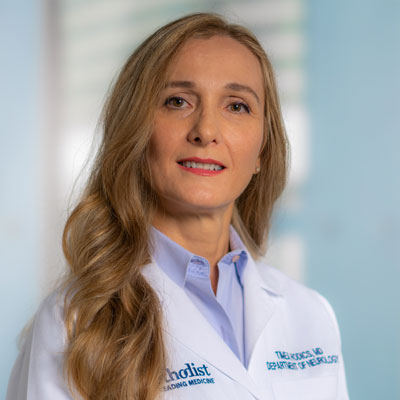
Timea Hodics, MD
Dr. Hodics is the Director of the Interventional Neuro-recovery Program in the Department of Neurosurgery at Houston Methodist. She is a restorative neurologist focused on advancing recovery after injury through various innovative approaches. Her research includes developing personalized noninvasive stimulation techniques to improve cognitive function after injury and disease and exploring the mechanism of recovery using neuroimaging and neurophysiological biomarkers. Hodics works in collaborative research projects to explore spinal stimulation, the role of gut microbiome changes in stroke patients’ recovery and the role of immune mechanisms in brain plasticity. She is developing an AI-based home rehabilitation for stroke patients and studying the functional and structural impairments of stroke to pave the way for more effective treatment strategies and improved patient outcomes.
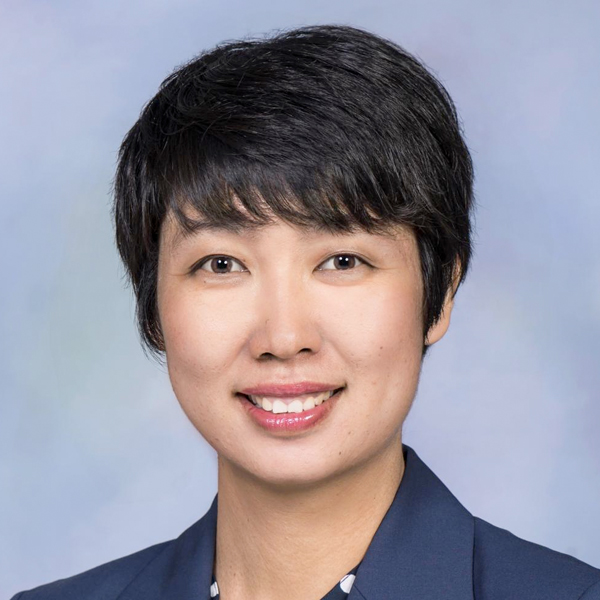
Lan Luan, PhD
Integrative Neural Interface Lab
Dr. Luan is Assistant Professor in the Rice Department of Electrical and Computer Engineering. Her research focuses on the development of multimodal neural interfaces that combine the state-of-art electrical, optical and other technologies to monitor and manipulate brain activity. The application of these neurotechnology advancements enables the fundamental investigation of neurological disorders and the development of novel therapies. By developing and applying a more complete arsenal of novel tools, she hopes to provide a revolutionary multifaceted picture of the brain in health and in disease, and to seek new ways to better diagnose, treat, cure, and even prevent brain disorders.

Marcia O’Malley, PhD
Mechatronics and Haptic Interfaces Lab
Dr. O’Malley is the Associate Dean for Research and Innovation at Rice University, George R. Brown School of Engineering, the Thomas Michael Panos Family Professor in Mechanical Engineering and Special Advisor to the Provost on Education and Research Initiatives for Collaborative Health. Her research addresses issues that arise when humans physically interact with robotic systems, with a focus on training and rehabilitation in virtual environments. The main goal of this research is to develop and demonstrate an adaptive training algorithm based on the display of artificial force cues within a simulated environment. These cues, displayed via an arm exoskeleton haptic feedback device, will convey additional information to the trainee beyond the physical laws that govern the simulated environment, such as desired trajectories within the environment, desired exploration speeds, and suitable interaction forces during task completion. The adaptive training algorithm will tune itself based on the individual’s performance.
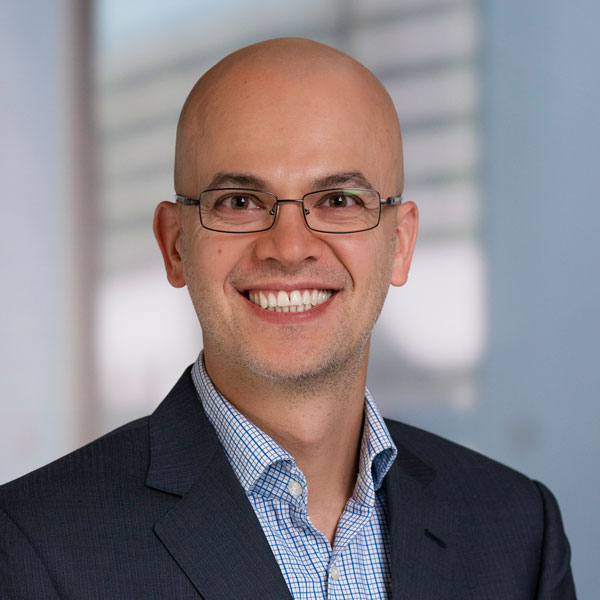
Dimitry Sayenko, MD, PhD
Neuromodulation & Recovery Lab
Dr. Sayenko is Assistant Professor of Neurosurgery and a member of the Center for Neuroregeneration at Houston Methodist. His areas of expertise include stroke, neuroscience, neuromodulation and spinal cord injury. His research is focused on the developing neuromodulatory strategies to promote functional recovery and mobility after neuromuscular disorders and injuries, including stroke and spinal cord injury. The lab employs a wide variety of approaches and techniques to their research, which includes epidural and transcutaneous spinal stimulation, transcranial magnetic stimulation, peripheral nerve stimulation, as well as electromyography, kinematic analysis, posturography, and neuroimaging. Within the Center for Neuroregeneration, his research group is collaborating on studies using preclinical models that focus on regrowth and reorganization of injured neural circuits.
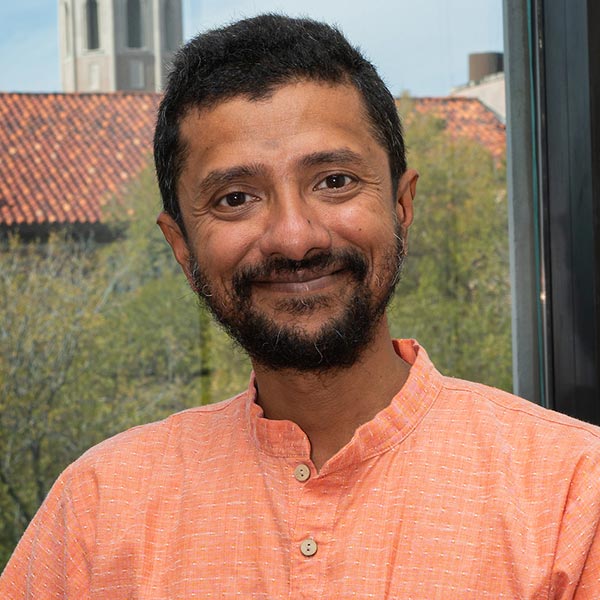
Ashok Veeraraghavan, PhD
Rice Computational Imaging Lab
Dr. Veeraraghavan is Professor of Electrical and Computer Engineering Department at Rice University. He is co-developer of FlatScope, a flat microscope and software system that can decode and trigger neurons on the surface of the brain. The project is part of a $65 million effort by the federal Defense Advanced Research Projects Agency to develop a high-resolution neural interface. Among several long-term goals, the Neural Engineering System Design program hopes to compensate for a person’s loss of vision or hearing by delivering digital information directly to parts of the brain that can process it. Veeraraghavan is also co-developer of FlatCam, a thin sensor chip with a mask that replaces traditional camera lenses. FlatCams may find use in as flexible, foldable, wearable and disposable cameras.
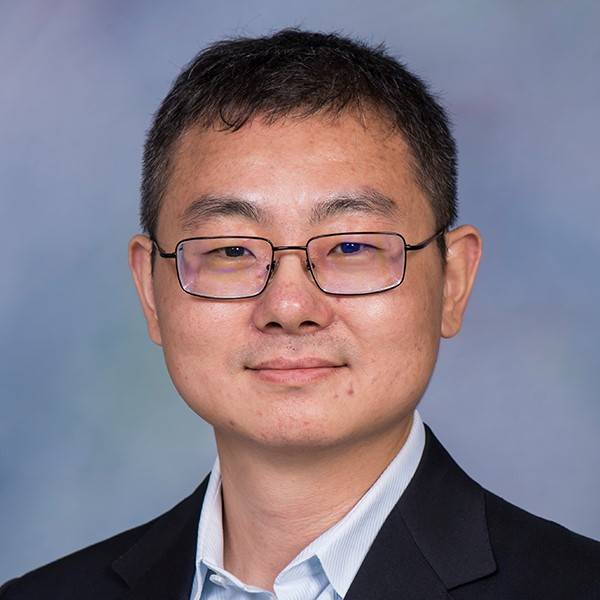
Chong Xie, PhD
Nanoscale Neural Interface Lab
Dr. Xie is Associate Professor in Electrical and Computer Engineering and Neuroengineering at Rice University. His laboratory is primarily interested in applying specially designed functional devices, including nanomaterials/structures, to solve key challenges in fundamental and clinical neuroscience. The general goal is to realize seamless integration of man-made electronics with the nervous system and to help us better understand, interact with, and augment to the living systems. Xie and his team are developing a scalable, tissue-integrated electrical neural interface composed of ultraflexible nanoelectronic threads that promote reliable, glial scar-free integration with the brain tissues and enables reliable chronic recording.
CNSR Advisory Board
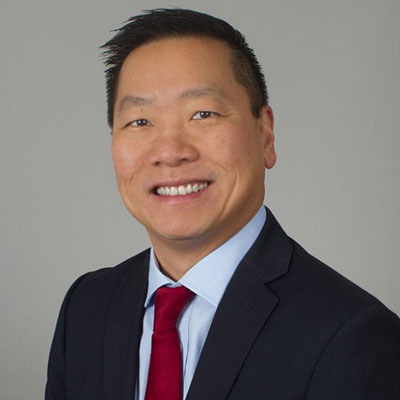
Charles Liu, MD, PhD
Director, USC Neurorestoration Center
Dr. Liu is the director of the University of Southern California Neurorestoration Center at the Keck School of Medicine. He is also a professor of Clinical Neurological Surgery, Urology, and Surgery. He holds the Apuzzo Professorship for Advanced Neurosurgery and serves as the surgical director of the USC comprehensive Epilepsy Program.
